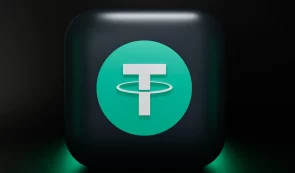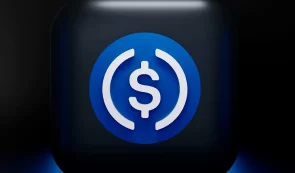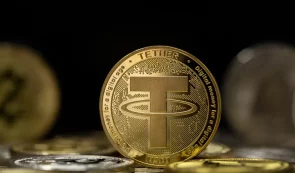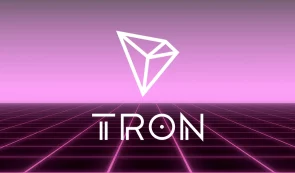Circle Urges Action on Tether Amidst Regulatory Concerns
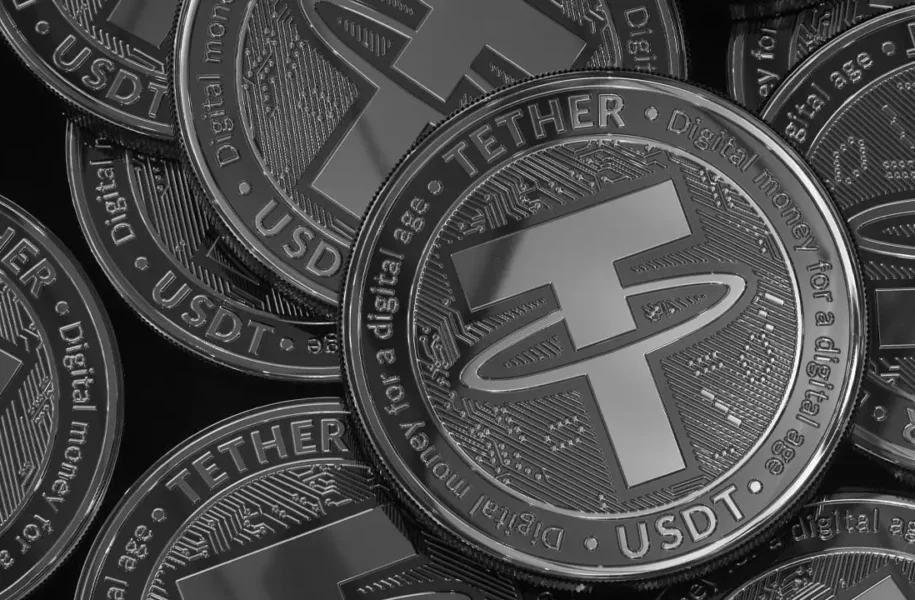
During recent testimony before Congress, a senior executive from Circle advocated for regulatory scrutiny over Tether, the issuer of USDT.
Concerns were raised regarding Tether’s relationship with Cantor Fitzgerald, a U.S. financial services firm, and allegations of facilitating illicit activities.
The Circle representative underscored the importance of ensuring that stablecoins, particularly those pegged to the U.S. dollar, uphold democratic values and adhere to regulatory standards. These remarks come amid growing calls for tighter oversight of the stablecoin industry to mitigate potential risks to financial stability and national security.
In response to questions raised during the testimony, it was revealed that Cantor Fitzgerald manages a significant portion of Tether’s assets, including its $72 billion portfolio of Treasury bonds.
While Cantor’s CEO has vouched for Tether’s financial position, concerns persist regarding the stablecoin issuer’s alleged involvement in illicit financing activities. The Circle representative expressed hope that the U.S. Treasury Department would take decisive action to address these concerns and ensure the integrity of the financial system.
Wow, @Circle's Caroline Hill is really begging to congress for the treasury department to go after @Tether_to and their banking partner, Cantor Fitzgerald https://t.co/SmnAqeuEyB pic.twitter.com/oia8YxLvAI
— Pledditor (@Pledditor) February 15, 2024
This highlights the evolving regulatory landscape surrounding digital assets, where policymakers are grappling with the complexities of balancing innovation and security in the rapidly expanding cryptocurrency market.
READ MORE: Kiyosaki Calls Out Federal Reserve, Backs Bitcoin
Meanwhile, a recent report by the United Nations Office on Drugs and Crime (UNODC) shed light on the use of USDT by criminals in East and Southeast Asia for various illicit purposes, including fraud and money laundering.
The report cited the stability, ease of use, anonymity, and low transaction fees associated with USDT as factors contributing to its appeal among criminal networks. However, Tether has refuted these allegations, emphasizing its collaboration with law enforcement agencies to combat illicit activities involving its stablecoin.
This underscores the ongoing debate surrounding the regulation of stablecoins and the need for greater transparency and accountability within the digital asset ecosystem to mitigate potential risks posed by their widespread adoption.




